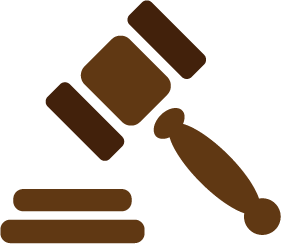Seeking help from a bankruptcy lawyer is a smart move if you reach a place where you don't know where to turn for financial relief. Bankruptcy can help you in this position, but you may need to choose whether to file under Chapter 7 and Chapter 13. If your lawyer tells you that you qualify for both, you'll have to learn the differences between these two branches. Here are the top differences to know about as you make your decision.
What You Repay
The first thing to know is what you must repay through each branch. Through Chapter 7, you will have to repay all the debts you have except qualifying debts. In a Chapter 7 case, the court will discharge, meaning forgive, any qualifying debts. The bills you have that fall into this category include unsecured loans, such as personal loans or deficits on past car loans. It also includes credit card balances and medical bills.
In Chapter 13, you will repay all the debts you have, including qualifying debts like the ones listed above. There is a chance that the court may eliminate some qualifying debts, but that will not happen until the end of your case.
The Time It Takes
The next difference is the time each branch takes. If you want a fast bankruptcy case, you will need to select Chapter 7. Through this option, you can start and finish a case in roughly six months. Some cases may take longer than this, but most do not. A Chapter 13 case never goes that quickly. Instead, it takes up to five years from start to finish. If you choose Chapter 13, you will spend the next three to five years wrapped up in your case.
The Ways Each Branch Helps You
The other most important difference is the type of relief each branch provides. Chapter 7 is best for a person who ended up stuck with a lot of credit card debt and not a lot of other debt. Chapter 13, though, is best for people who have mortgages they can barely pay or car loans they are falling behind on.
These are three things to know about the differences between the two primary branches of bankruptcy. If you do not know which is best for you, ask a bankruptcy lawyer to evaluate your situation. You will get a solid answer by doing this, and you can use this answer to proceed with your bankruptcy case.
Share22 April 2020

If your mountain of debt has grown so tremendous that you can't imagine a way out, then you need to contact a bankruptcy attorney. Even though filing bankruptcy can seem like cheating, it is sometimes the only option when you have consumer or medical debt that is consuming your paycheck and then being left unpaid. An attorney can take a look at your finances and recommend a pathway out of debt utilizing one of the several types of bankruptcy available. Learning more about this process can make it seem more approachable. Dig into the articles on this website to get started with that learning.